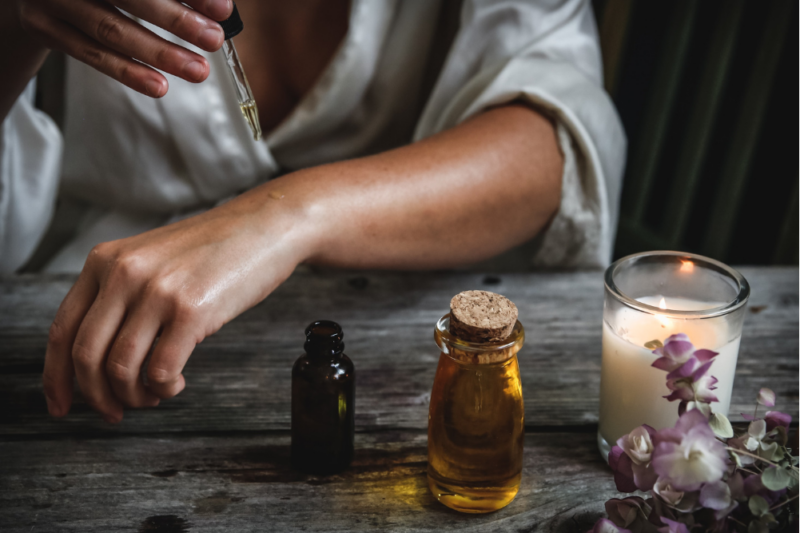Pleasant emotions such as joy and excitement can be difficult to experience, but you can learn to fully experience these emotions when they do show up.
Have you ever left a lovely catch-up with a family member, feeling full with joy and gratitude, only to find yourself imagining something terrible happening to them? Perhaps you’ve noticed yourself feeling excited about a new romantic relationship, but then you’re met with a wave of anxiety and thoughts that it will end. Or maybe you’ve experienced a positive event such as getting a new job or promotion, and then thought that it was too good to be true.
Embracing joy
I invite you to explore the following practices that may support you to experience joy more wholeheartedly.
- Practise noticing when you find yourself foreboding joy and observe this experience with acceptance and non-judgement.
- When fear arrives during moments of joy, show yourself understanding by acknowledging the fear. Remember that this is a very human experience and your mind is just trying to protect your heart. Then, try to connect with gratitude instead of getting caught up in the fear.
- Give yourself permission to feel joy, excitement and gratitude. Savour these moments when they arrive, without clinging to them or pushing them away.
- Commit to courage to help you tolerate the vulnerability that is required to fully experience moments of joy, excitement and gratitude.
- Get creative with gratitude practices. Journal, make a gratitude jar or share the things you are grateful for with your loved ones each day.
Foreboding joy

In her book Beautiful World, Where Are You, Sally Rooney poignantly captures how fear is the thief of joy and how we can get in the way of our own joy. She describes her character Eileen’s experience: “What if I’m the one who can’t let myself be happy? Because I’m scared … Whenever something good happens to me, I always find myself thinking: I wonder how long it will be until this turns out badly. And I almost want the worst to happen sooner, sooner rather than later, and if possible straight away, so at least I don’t have to feel anxious about it anymore.”
Courage and vulnerability researcher Brené Brown teaches us how this process of “foreboding joy” is a way of minimising vulnerability, which can rob our experience of pleasant emotions such as joy and gratitude. Her research has unexpectedly uncovered that these emotions can actually be the most vulnerable and difficult to experience. In her books, she teaches us how vulnerability and fear can take us away from moments of joy. She vividly illustrates this via the relatable example that many parents experience: she stands over her daughter watching her sleep, feeling engulfed with love and gratitude, only to be torn out of the experience by images of something bad happening to her child.
When joy meets fear
In her books The Gifts of Imperfection and Daring Greatly, Brené shares her wisdom about the relationship between fear and joy: “Until we can tolerate vulnerability and transform it into gratitude, intense feelings of love will often bring up the fear of loss … If I had to sum up what I’ve learned about fear and joy, this is what I would say: The dark does not destroy the light; it defines it. It’s our fear of the dark that casts our joy into the shadows.”
She continues to unpack this process by explaining that humans find it difficult to tolerate uncertainty and that by “rehearsing tragedy”, we may be (unknowingly or knowingly) attempting to bypass vulnerability in order to avoid being blindsided by future hurts and suffering. Brené importantly reminds us that without a willingness to experience vulnerability, we “can’t hold space open for the uncertainty, risk and emotional exposure of joy”.
She continues, “If we’re not practising gratitude and allowing ourselves to know joy, we are missing out on the two things that will actually sustain us during the inevitable hard times.”
Kaitlin McManus is a clinical psychologist who enjoys supporting people on their paths to healing by helping them to cultivate a more understanding and compassionate relationship with themselves and their struggles.




